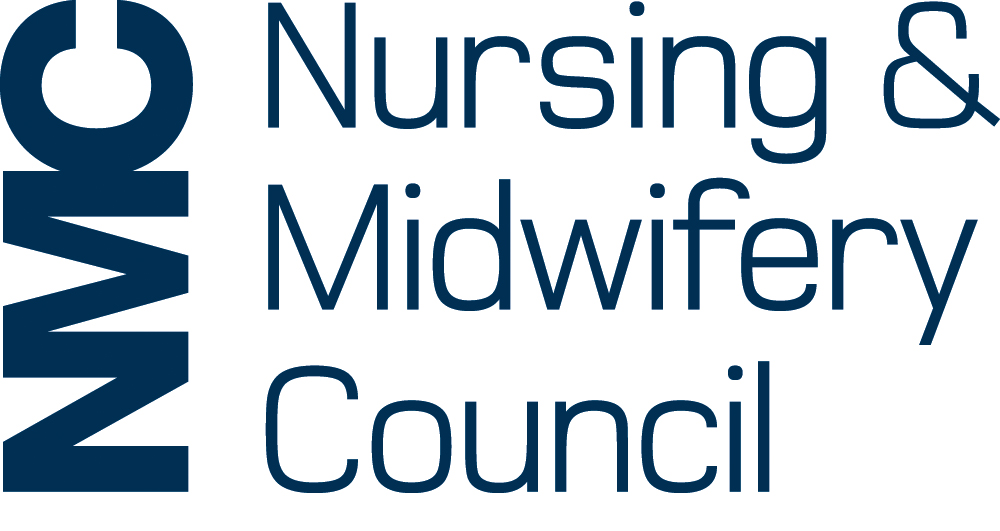Specialist Community Public Health Nursing (Health Visiting and School Nursing), PGDip
Want a career as a Health Visitor or School Nurse? Study for your PGDip in Specialist Community Public health Nursing.
Our one-year course is suited to qualified nurses and midwives who wish to undertake the specialist community public health nursing course at postgraduate level. During the year you will develop the knowledge and skills required to deliver a range of services including prevention, early intervention and safeguarding for children aged 0-19 and their families. Our course leads to a nationally recognised qualification and registration with the Nursing and Midwifery Council .
We deliver this course in partnership with local community healthcare and service providing organisations. It is intended to meet the needs and expectations of the contemporary public health agenda so you can make a difference to the health and wellbeing of individuals and communities.
Interested in a different year?
Select your preferred
to view up to date information.
School
Location
Duration
1 years full-time
Start month
January
Home fees 2025/26
TBC
What you should know about this course
What you will study
About the course team
You will be taught by an experienced team of experts, which includes senior academics, technical officers, and practitioners with industry experience. Trained postgraduate researchers may also contribute to seminar teaching with the module leader. Teaching is informed by our research and consultancy work, and 97 per cent of our lecturers hold a teaching qualification.
Come and meet us
We are offering virtual events so that you can still experience how Greenwich could be the right university for you.
Next Open Days
Got a question?
To find out more about our Open Days and Campus Tours or if you need any assistance, please email opendays@gre.ac.uk.
Entry requirements
Applicants require:
All applicants must hold a Level 1 nursing or midwifery qualification, normally at 2:2 or above (a minimum of 120 credits at Level 6).
To be eligible to make an RPEL claim for entry to level 7 students must be a registered Nurse or Midwife.
Students must be in possession of a relevant Diploma in Higher Education (consisting of at least 120 credits at level 5) and 15 credits at level 6 and be able to produce evidence of this when requested
For more information, use our contact form or call us on 020 8331 9000.
You can also read our admissions policy.
Further information about entry
You also need to be currently registered with the Nursing and Midwifery Council.
Applicants should be post registration graduate level nurses or midwives who wish to pursue a career in health visiting or school nursing.
Available to overseas students?
No
Can I use Prior Learning?
There is a potential for recognition of prior learning if you have undertaken a module as part of a SCPHN programme previously or at another institution.
How you will learn
Teaching
In a typical week learning takes place through a combination of:Lectures, seminars and 1-to-1 tutorials.
Class sizes
Class sizes vary by module. Lectures are normally attended by larger groups, and seminars/tutorials by smaller groups. This can vary more widely for modules that are shared between degrees. All students will have opportunities for 1-to-1 time with their tutors.
Independent learning
Outside timetabled sessions, you are also expected to dedicate around 30 hours a week to self-study. This may involve further reading and research, preparing coursework and presentations, and preparing for tests and exams. Our facilities are designed to support you in these activities. We encourage you to join societies and participate in sporting and other activities to engage in the wider life of the university community.
Overall workload
If you are studying full-time, you should expect the workload to be similar to a full-time job. For part-time students, this will reduce in proportion to the number of courses they are studying. Each module you study towards this degree is worth 15 or 30 credits. These represent around 150 or 300 study hours respectively. If you receive 100 contact hours for a 30-credit module, you should expect to commit 200 hours to independent study to complete it successfully.
Assessment
On this course, students are assessed by:Presentations, Examinations, Coursework, OSCEs
Feedback summary
We aim to provide feedback on assignments and release examination results within 15 days.
Dates and timetables
The academic year runs from September to June. Full teaching timetables are not usually available until the term has started.
Fees and funding
University is a great investment in your future. English-domiciled graduate annual salaries were £10,500 more than non-graduates in 2023 - and the UK Government projects that 88% of new jobs by 2035 will be at graduate level.
(Source: DfE Graduate labour market statistics: 2023/DfE Labour market and skills projections: 2020 to 2035).
| Cohort | Full time | Part time | Distance learning |
|---|---|---|---|
| Home | TBC | N/A | N/A |
Accommodation costs
Whether you choose to live in halls of residence or rent privately, we can help you find what you're looking for. University accommodation is available from £126.35 per person per week (bills included), depending on your location and preferences. If you require more space or facilities, these options are available at a slightly higher cost.
Scholarships and bursaries
We offer a wide range of financial help including scholarships and bursaries.
The Greenwich Bursary
This bursary is worth £700 for new undergraduate students with a low household income, entering Year 0 or 1 who meet the eligibility criteria.
EU Bursary
Following the UK's departure from the European Union, we are supporting new EU students by offering a substantial fee-reduction for studying.
Financial support
We want your time at university to be enjoyable, rewarding, and free of unnecessary stress, so planning your finances before you come to university can help to reduce financial concerns. We can offer advice on living costs and budgeting, as well as on awards, allowances and loans.
Further costs may include (but are not limited to):
- Resources: you can access books in the library and online, but you may wish to purchase your own copies.
- Registration: there will be an additional registration cost with your professional body when you successfully complete the programme. There may also be an additional cost to record the prescribing qualification. Visit the NMC website.
- Travel: you will face the cost of travel to your practice placement areas and university. (Your employer will advise you where you will be based.) Once you undertake independent visits within your organisation, you usually receive expenses for work-related travel, but you'll need to confirm this with your employer.
- Insurance: you are bound by your employment contract to ensure, where required, that you have car insurance to cover work activity.
Careers and placements
What sort of careers do graduates pursue?
Career options include Health Visitor, School Nurse; Specialist roles such as Safeguarding Lead, Family Nurse Partnership and a range of leadership roles. Find out more about careers in nursing.
Do you provide employability services?
Students will normally be offered jobs within the community health care provider organisations that have sponsored them although this is not guaranteed.
Our services are designed to help you achieve your potential and support your transition towards a rewarding graduate career.
The Employability and Careers Service provides support when you are preparing to apply for placements and graduate roles. It includes CV clinics, mock interviews and employability skills workshops.
Each School also has its own Employability Officer, who works closely with the industry and will provide specific opportunities relevant to your own course.
Accommodation
Avery Hill
Our Avery Hill halls of residence are a home away from home to over 1,200 students. For those studying in Greenwich, our free shuttle bus service takes you to Greenwich campus in only 25 minutes. Excellent transport links also mean you can be in central London in under 30 minutes, and you're a short walk away from the historic Eltham Palace.
The Avery Hill student village has many useful facilities including a convenience store, launderette and two cafes. The halls are an ideal option for those wanting access to the hustle and bustle of London while living in a safe and relaxing parkland environment.
With our seven different halls, you have a variety of options depending on your preferences and budget. Rooms start at £133.98/wk and include Wi-Fi, utility bills, access to our on-site gym, 24/7 security and 24-hour residential support.
Support and advice
Academic skills and study support
We want you to make the most of your time with us. You can access study skills support through your tutor, our subject librarians, and our online academic skills centre. Where appropriate, we provide support in academic English. If you need to use particular IT packages for a specific module, we provide training for this.
Support from the department
Each student has a named personal tutor in University and practice teacher in practice. There is additional support available from a link tutor who will regularly visit the practice placement area.
Not quite what you were looking for?
We've got plenty of other courses for you to choose from. Browse our postgraduate courses or check our related courses below.....
Health and social care at the University of Greenwich
You’ll learn from our expert, research-active tutors and be well supported during your work placement. You’ll benefit from great job prospects thanks to our strong links with NHS trusts and social care providers.
Visit our health and social care degrees page.
A comprehensive guide to our new physiotherapy course with Mark Dayson
Embark on an exhilarating path with our latest BSc Hons Physiotherapy course. This hands-on, practical course readies you for the clinical realm through immersive practice placements and beyond.
Health and social care degrees
Nursing at the University of Greenwich
Our nursing degree provides the essential knowledge and abilities to become a skilled nurse. You’ll benefit from our excellent links with health service providers, and you could get extra support of at least £5,000 a year, which you won’t need to pay
Visit our nursing degrees page.
Mode of study
Select from the dropdown below.
| Course level | |
| UCAS code | |
| Duration | |
| Location |










